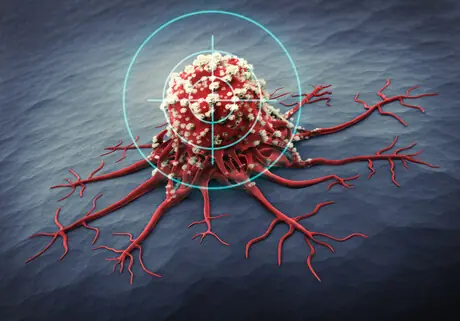
Head Injuries May Reactivate Dormant Viruses and Trigger Alzheimer’s-Like Brain Damage
Head Injuries May Reactivate Dormant Viruses and Trigger Alzheimer’s-Like Brain Damage

New scientific findings suggest that head injuries, including concussions and repeated trauma from contact sports, could do far more than cause short-term damage. According to recent research, such trauma may reactivate dormant viruses in the brain—especially Herpes Simplex Virus Type 1 (HSV-1)—and set off a chain reaction that mimics the early stages of Alzheimer’s disease.
Hidden Viruses in the Brain: A Silent Threat
HSV-1, the virus responsible for cold sores, is present in approximately 80% of the population, lying dormant in the body for decades. But new lab-based research shows that this “sleeping” virus can be reactivated by head trauma, even mild or repeated concussions. When reawakened, HSV-1 may contribute to brain inflammation, neuron death, and the buildup of amyloid plaques and tau tangles—the hallmarks of Alzheimer’s disease.
Simulating Brain Injury in the Lab
In the study, scientists used a lab-grown 3D brain tissue model to replicate the effects of a concussion. In samples containing dormant HSV-1, simulated brain injury caused the virus to reactivate. This reactivation led to Alzheimer’s-like changes: the formation of amyloid plaques, increased inflammation, dying neurons, and protein tangles in brain cells.
On the other hand, brain tissue models that did not carry HSV-1 showed significantly less damage after the same type of trauma. When researchers simulated multiple injuries—mimicking the cumulative effect of repeated head trauma, as seen in athletes or accident victims—the brain damage became even more severe.
Rethinking Alzheimer’s: Could Trauma Be a Trigger?
This research challenges the traditional view that Alzheimer’s is caused solely by aging or genetic predisposition. Instead, it introduces a compelling new theory: physical trauma may activate viruses already in the brain, initiating a biological domino effect that leads to neurodegeneration.
The study may also help explain why athletes in contact sports, military personnel, and others with frequent head injuries are at an increased risk of developing Alzheimer’s and other neurodegenerative diseases later in life.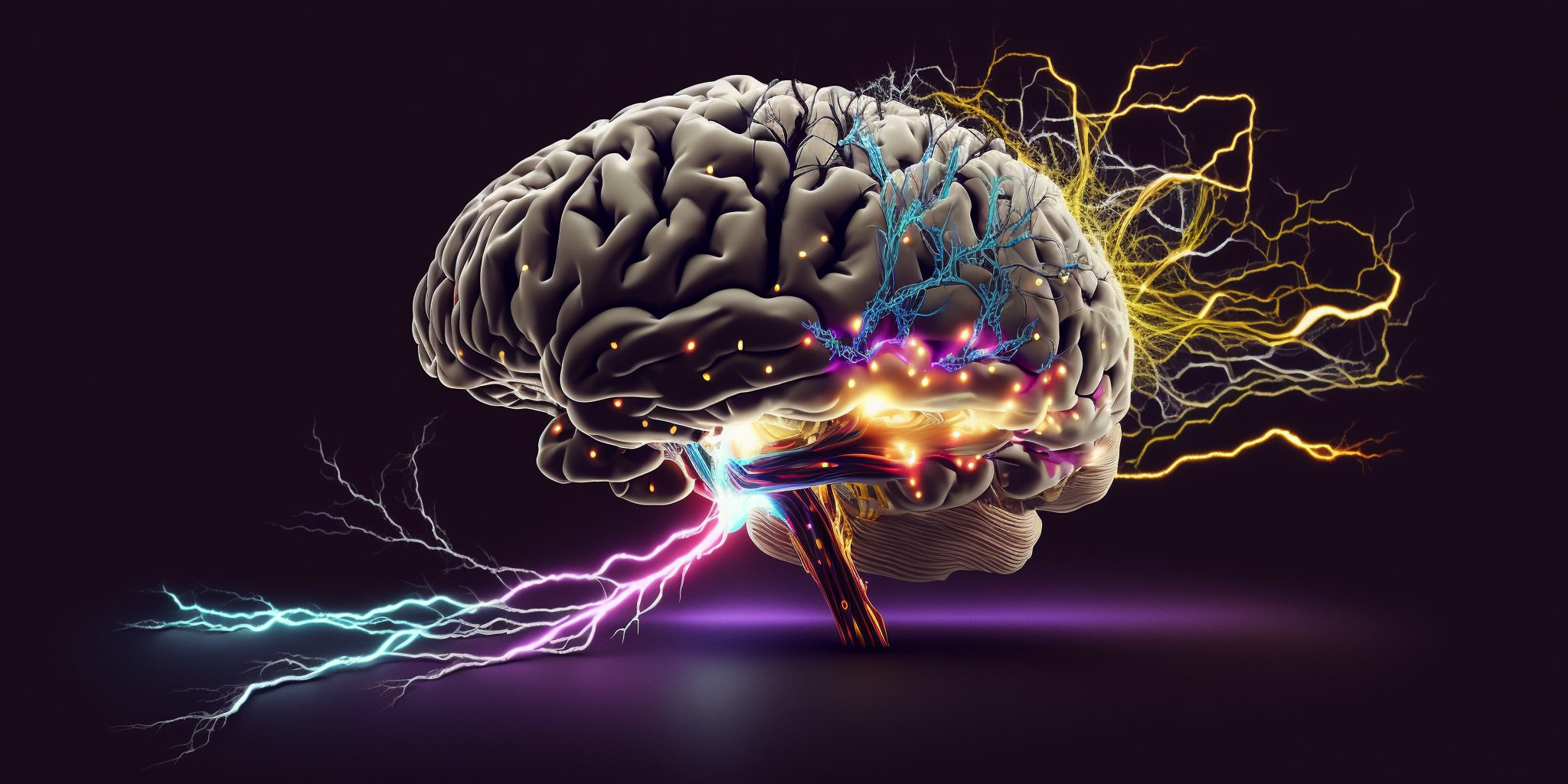
A Path Toward Prevention and Treatment
While the findings are concerning, they also offer hope. If scientists can discover ways to prevent the reactivation of HSV-1 or reduce the inflammation it causes, they may be able to delay or even prevent Alzheimer’s-like symptoms after head trauma.
Researchers are now exploring potential treatments, including antiviral medications and anti-inflammatory therapies, as possible interventions for individuals at high risk. These approaches could help stop the harmful cascade of brain changes before they begin.
Why This Matters: The Global Impact of Brain Injuries
Traumatic brain injuries (TBIs) affect an estimated 69 million people worldwide every year, from sports injuries to accidents to falls. The possibility that a TBI could increase the risk of Alzheimer's by reactivating latent viruses is a major public health concern.
This groundbreaking discovery could change how we understand, treat, and prevent Alzheimer’s disease, offering a new perspective on how brain injuries impact long-term neurological health.
News in the same category

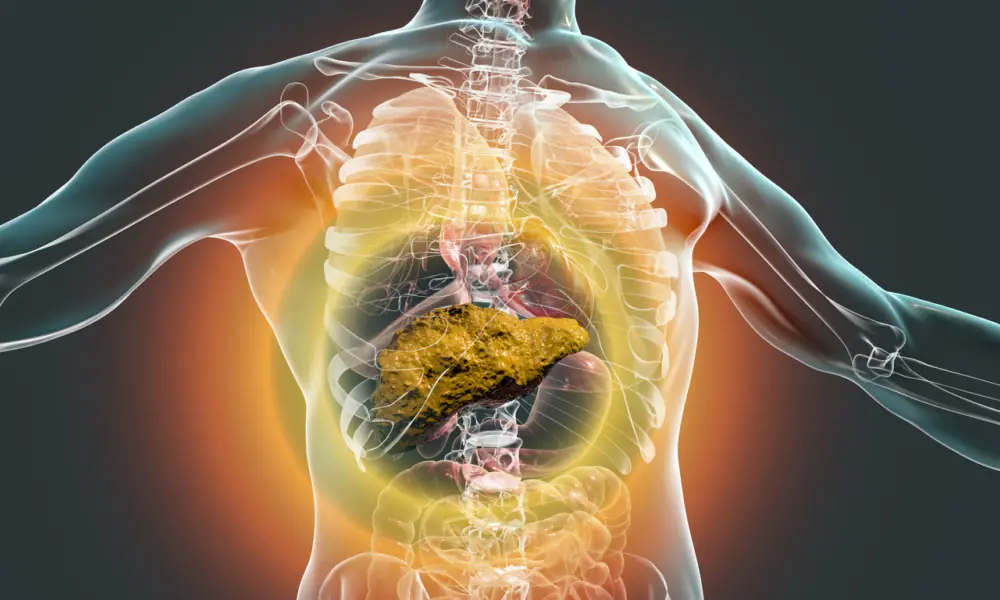
Fatty Liver Disease Affects 1 in 4 People — A New Treatment Shows Promising Results
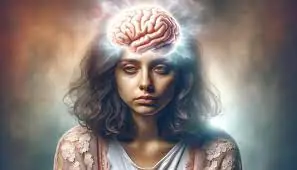
Menopausal Brain Fog? Low Iron Levels May Be the Hidden Cause

Lung Cleansing with a Powerful Natural Garlic Juice
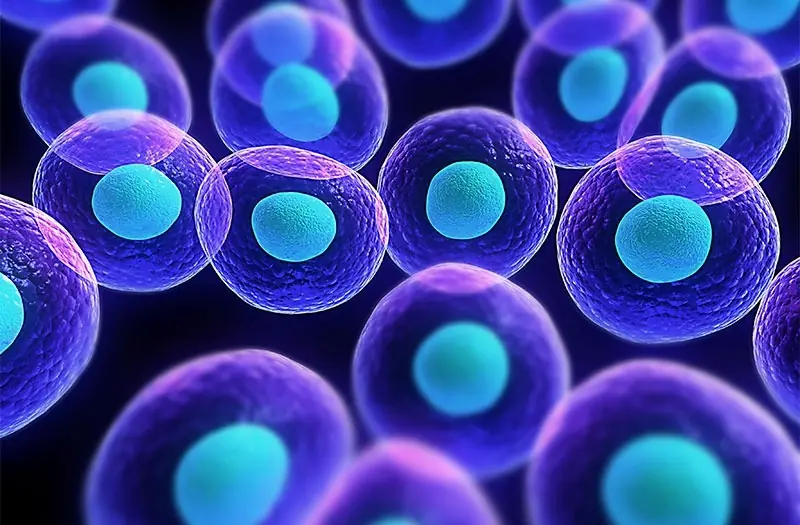
A recent study has uncovered a key switch in aging—and it all comes down to a structure inside your cells called the nucleolus

ScienceScientists Say Viral Infections Could Be The Hidden Cause Of Alzheimer’s — 30 Years Of Research Now Validated
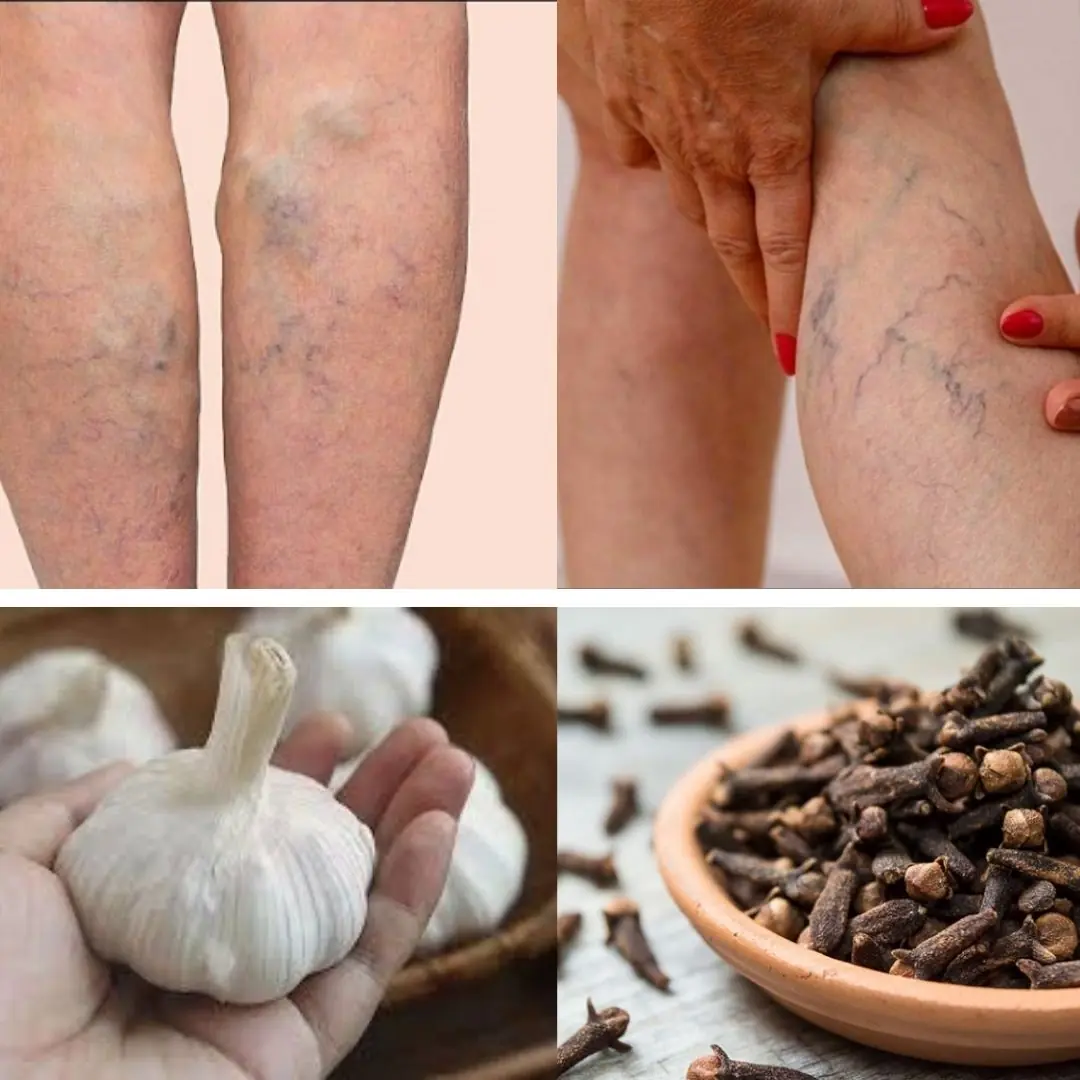
🧄🌿 Natural Remedy for Leg Pain, Rheumatism, Varicose Veins & Arthritis with Cloves and Garlic

White Clover (Trifolium repens): 15 Benefits and Homemade Uses
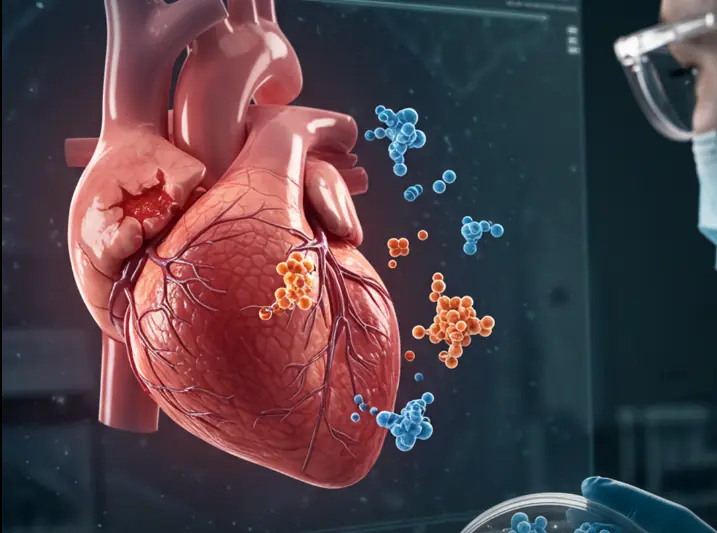
Breakthrough Protein Combo Could Heal Heart Damage and Regenerate Organs
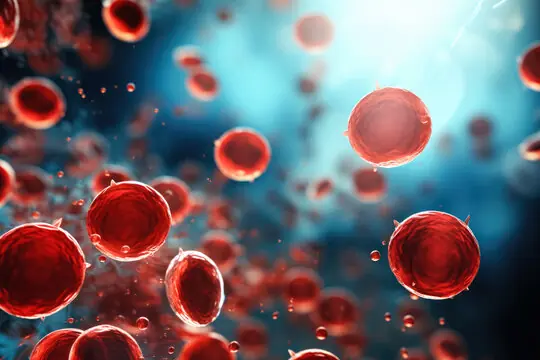
How Blood Production Changes After 70: New Research Reveals a Surprising Shift
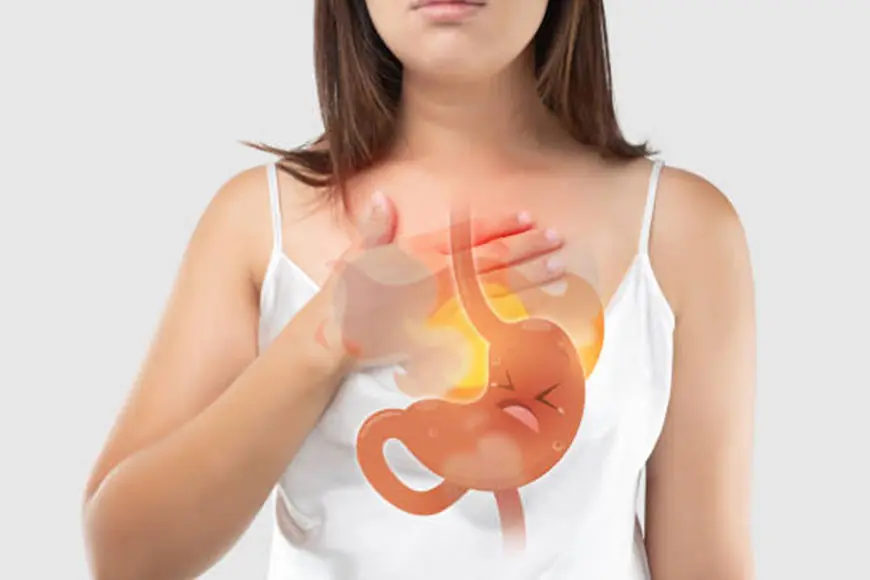
What Is Acid Reflux? Causes, Symptoms, and How to Prevent GERD
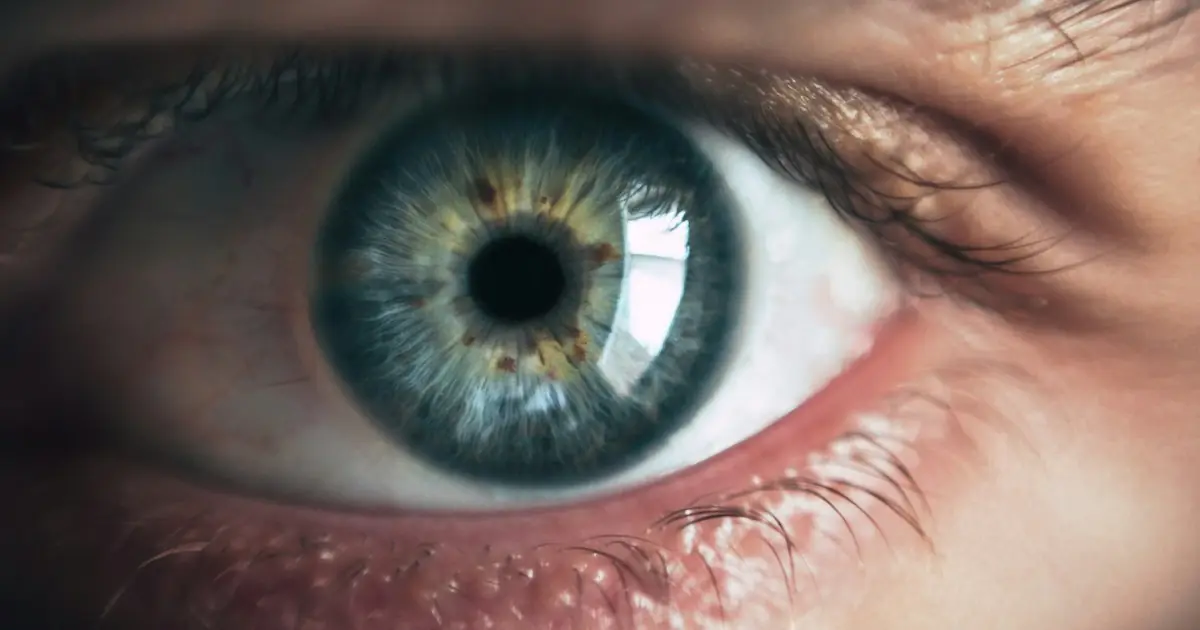
AI and Eye Scans: A Breakthrough in Fast, Accurate ADHD Diagnosis
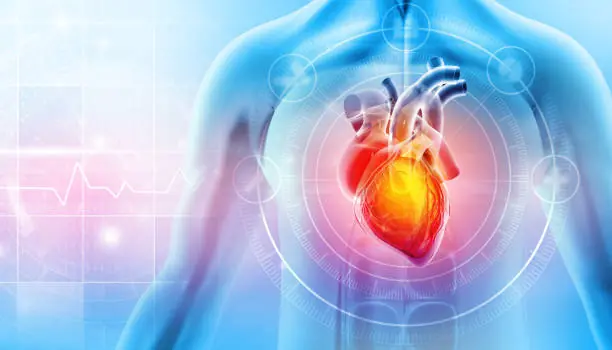
Early Signs of Heart Disease: What Chest Pain, Shortness of Breath, and Swollen Legs Could Mean
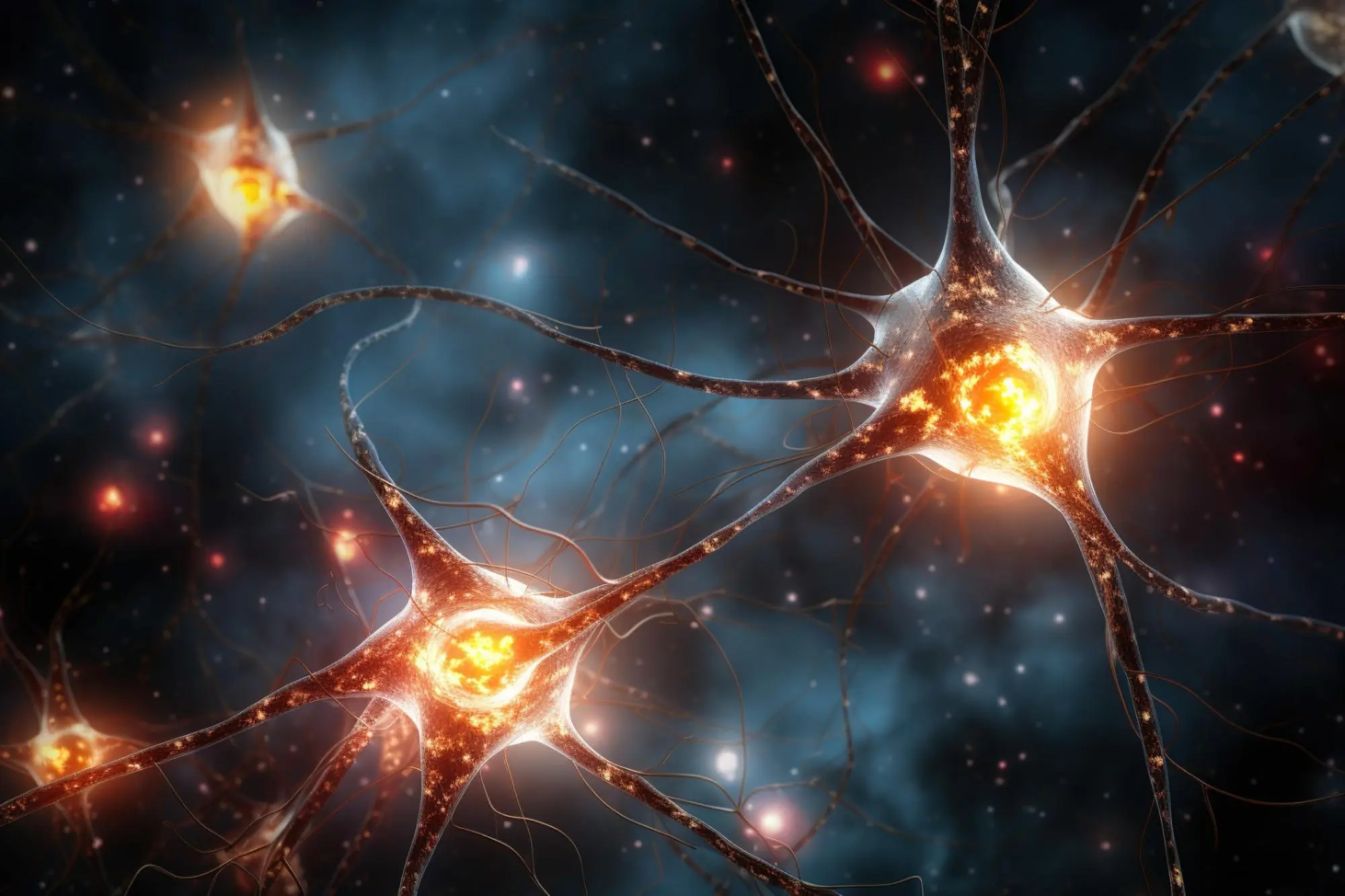
Groundbreaking Nanoparticle Technology Reverses Parkinson’s Disease in Stunning Study

This Psychedelic Root from Brazil May Be Able to Treat Depression

Researchers Reveal How Long It Takes To Grow Muscle When Lifting Weights

Waking Up After 6 Hours of Sleep? Here's Why—and Whether It’s Enough
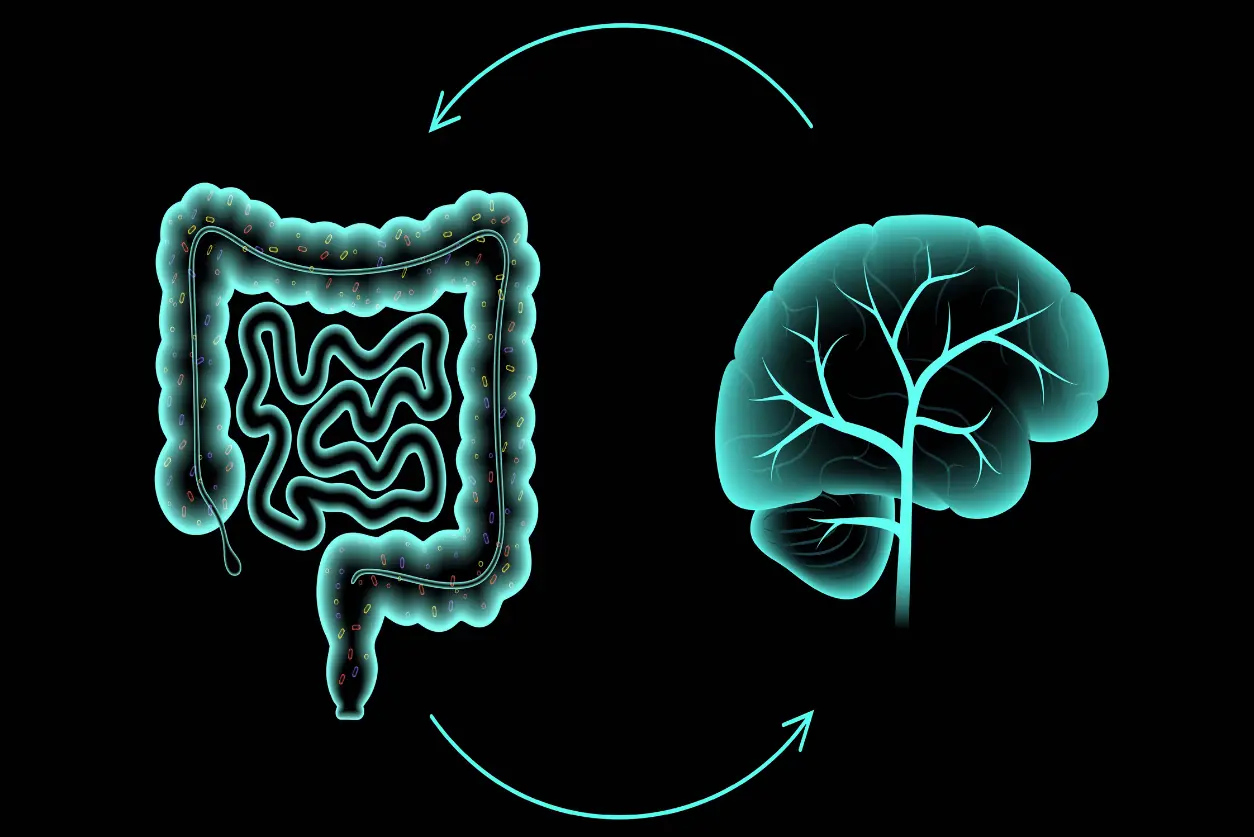
How Your Gut Bacteria Influence Your Mood, Thoughts, and Mental Health

The Hidden Cost of Anger: How One Minute of Rage Can Weaken Your Immune System for Hours
News Post

Persistence Hunting: How the San People of the Kalahari Master the Art of Endurance
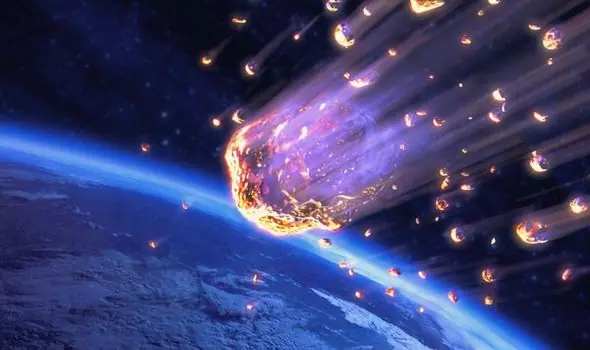
Halley’s Comet Is Back, But This Time, It’s Raining Fire

Breakthrough Cancer Treatment Uses Ultrasound and Microbubbles to Destroy Tumors from Within

Fatty Liver Disease Affects 1 in 4 People — A New Treatment Shows Promising Results

Menopausal Brain Fog? Low Iron Levels May Be the Hidden Cause

Lung Cleansing with a Powerful Natural Garlic Juice

A recent study has uncovered a key switch in aging—and it all comes down to a structure inside your cells called the nucleolus

ScienceScientists Say Viral Infections Could Be The Hidden Cause Of Alzheimer’s — 30 Years Of Research Now Validated

Greece Rocked By Massive Earthquake As Tsunami Warning Sparks Panic

Sun Unleashes Monster Flare As Scientists Say Earth Could Be Hit By Massive Solar Storm Tomorrow

🧄🌿 Natural Remedy for Leg Pain, Rheumatism, Varicose Veins & Arthritis with Cloves and Garlic

Modern House Fires Burn Faster: Why You May Have Only 3 Minutes to Escape

White Clover (Trifolium repens): 15 Benefits and Homemade Uses
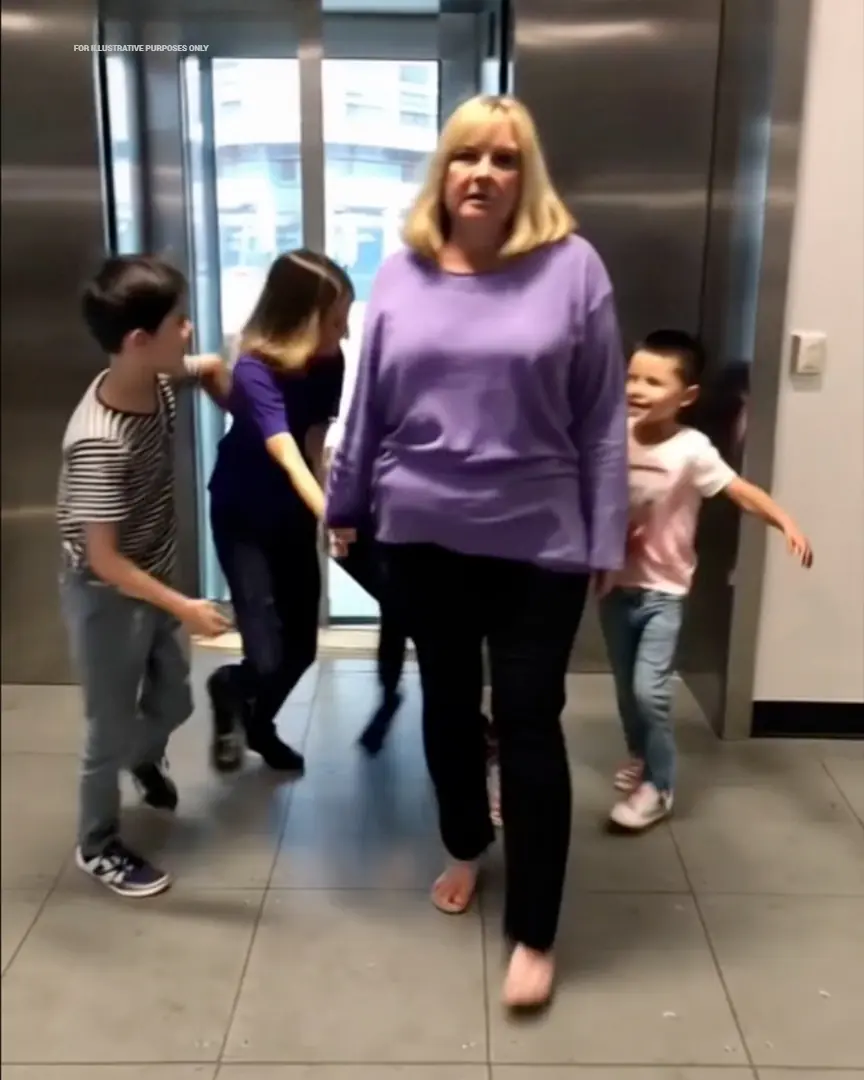
A Mom of 7 Demanded My Deaf Grandpa Get Out of the Elevator—So I Brought Her Back to Reality

Could the Sahara Desert Power the Entire World with Solar Energy?

Breakthrough Protein Combo Could Heal Heart Damage and Regenerate Organs

How Blood Production Changes After 70: New Research Reveals a Surprising Shift

My Ex-husband Got Our House, Car and All Our Money After Divorce – I Laughed Because That Was Exactly What I Planned
